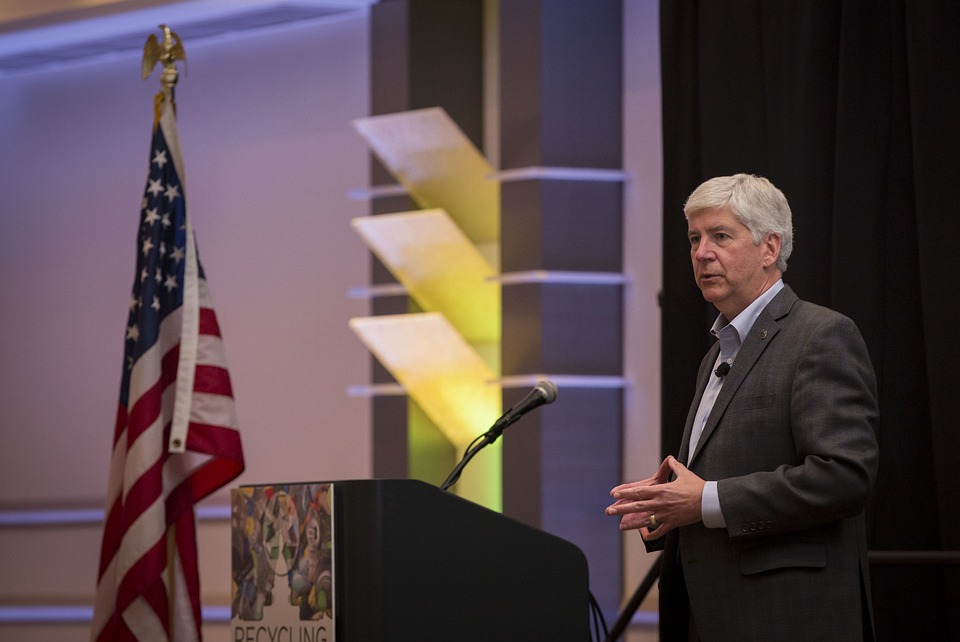The Role of a Governor: Responsibilities and Powers
Introduction
The role of a governor in any state or country is of utmost importance. Governors act as the chief executives of their respective states and have a wide range of responsibilities and powers that are crucial for the efficient functioning of the government. In this article, we will delve deeper into the role of a governor, their responsibilities, and the powers they possess.
Responsibilities of a Governor
One of the primary responsibilities of a governor is to ensure that the laws of the state are faithfully executed. This includes overseeing the implementation of state policies and programs, as well as appointing officials to various government positions. Governors also have the authority to veto legislation passed by the state legislature, although this power can be overridden by a two-thirds majority in both houses.
Additionally, governors are responsible for preparing and presenting the state budget to the legislature, as well as making recommendations on fiscal matters. They also have the authority to call special sessions of the legislature and can grant pardons and reprieves to individuals convicted of crimes.
Governors also play a crucial role in representing their states at the national level. They often work closely with the federal government on issues that affect their states, such as disaster relief efforts, homeland security, and transportation infrastructure projects. Governors also serve as the ceremonial heads of their states, presiding over events and making public appearances on behalf of the state.
Powers of a Governor
Governors have a wide range of powers that enable them to effectively carry out their responsibilities. One of the most significant powers of a governor is the ability to veto legislation passed by the state legislature. This provides governors with a crucial check on the power of the legislature and allows them to shape policy outcomes in their states.
Another important power of a governor is the authority to issue executive orders. These orders have the force of law and can be used to implement policies, allocate resources, and address emergencies or crises. Executive orders are often used by governors to streamline government operations, respond quickly to changing circumstances, and provide guidance to state agencies.
Governors also have the power to appoint officials to various government positions, including members of state boards and commissions. These appointments are subject to approval by the state legislature in some cases, but governors generally have broad discretion in selecting individuals to serve in key roles within their administrations.
In addition to these powers, governors have the authority to call special sessions of the legislature, convene emergency meetings of state agencies, and issue pardons and reprieves to individuals convicted of crimes. Governors also have the power to mobilize the state’s National Guard in response to natural disasters, civil unrest, or other emergencies.
Conclusion
In conclusion, the role of a governor is a critical one in any state or country. Governors are responsible for executing the laws of their states, overseeing the implementation of state policies, and representing their states at the national level. They possess a wide range of powers that enable them to carry out these responsibilities, including the authority to veto legislation, issue executive orders, and appoint officials to government positions.
Overall, governors play a vital role in shaping the political landscape of their states and ensuring the effective functioning of government. Their leadership and decision-making abilities are essential for promoting the well-being and prosperity of the citizens they serve. As such, the role of a governor is one that requires a high level of skill, dedication, and integrity.
